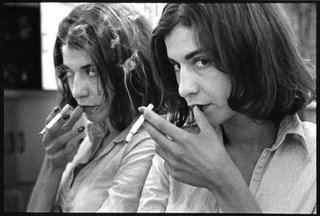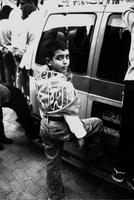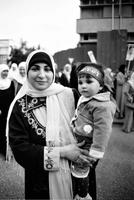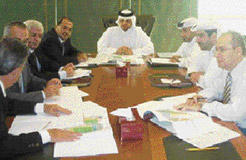We finalised European advocacy strategies in London and Brussels for December 2005, and spoke of future possibilities for late 2006.
Although the meeting schedule didn't allow for a visit into Vienna, we did manage to sample great chocolate, rich ice wine and some warm hospitality from a Croatian-minority couple living near the city of Neusiedl am See.













